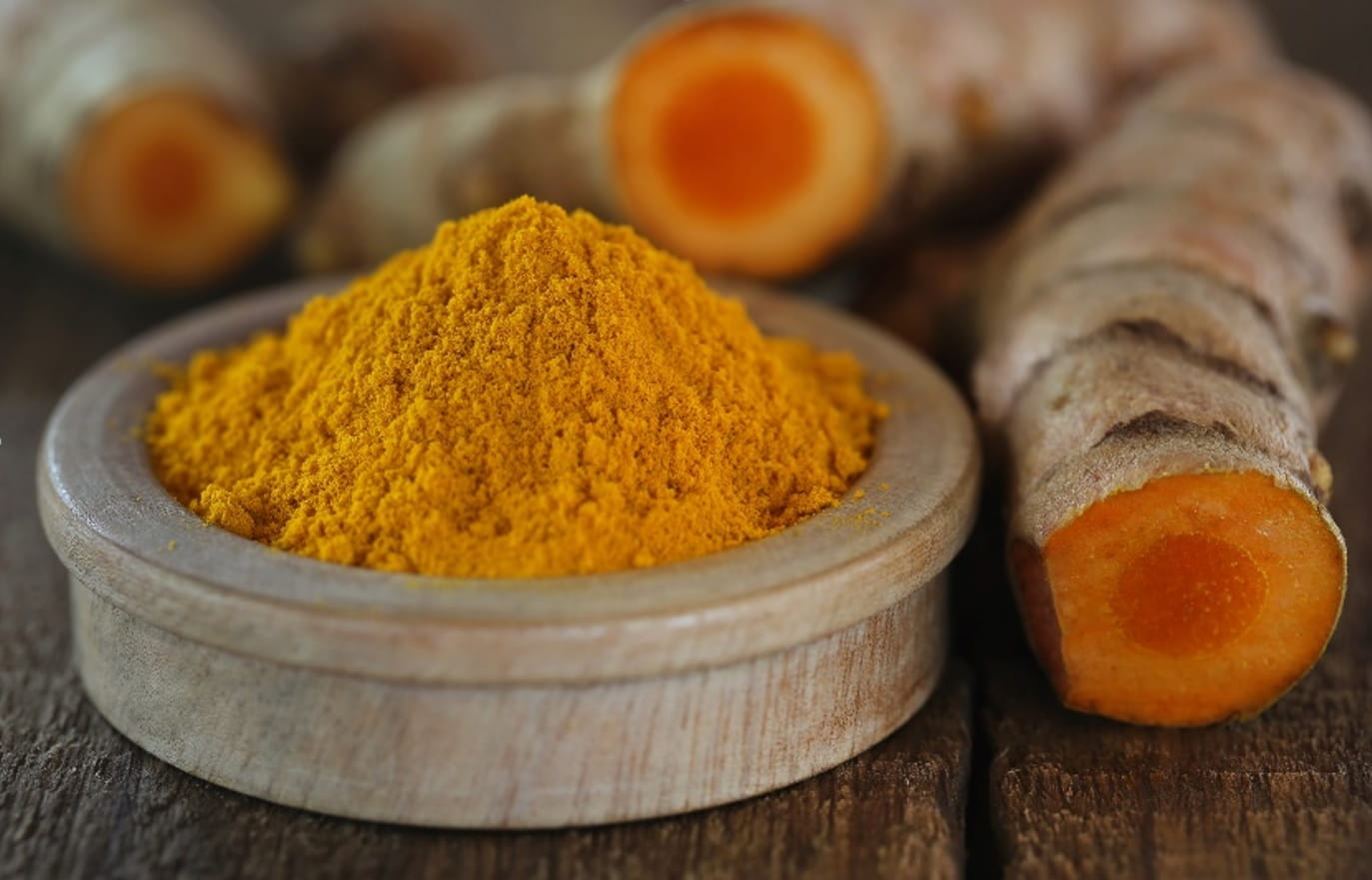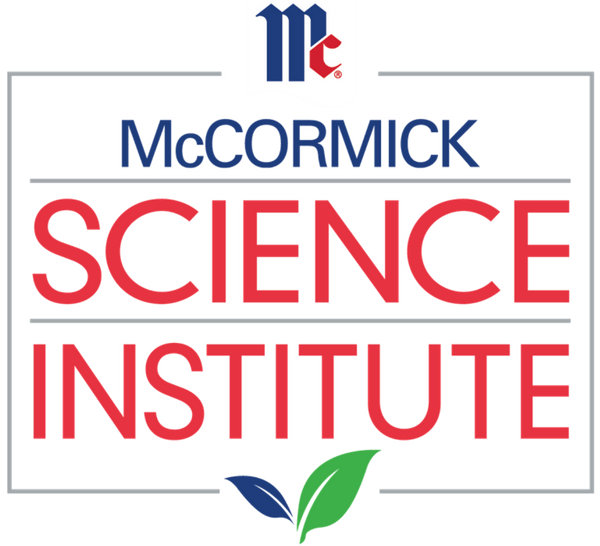January, 2025
Potential Benefits of Spices in Moderating Blood PressurePotential Health Benefits of Turmeric
Singletary, K

September 2010-- An overview of the potential health benefits of turmeric, funded by the McCormick Science Institute. An evaluation of the research is presented. Read the entire study (PDF)
The spice turmeric, derived from the rhizome of Curcuma longa L, has been used for centuries in food preparation and in traditional medicines to treat numerous diseases and conditions.
The primary biologically active constituent of turmeric is the polyphenol, curcumin, an orange-yellow powder that has potent anti-inflammatory and antioxidant properties, which, in part, may contribute to curcumin’s potential to prevent such conditions as cancer, Alzheimer disease, heart disease, and arthritis, to name a few. Clinical confirmation of these putative benefits is limited, however, and progress in establishing the in vivo efficacy in humans especially at typical dietary intakes is constrained by the poor bioavailability of this hydrophobic molecule.
Strategies to improve absorption and distribution of curcumin in foods and findings from ongoing clinical studies should improve our understanding of how curcumin can best be used to improve human health. A brief summary of potential health benefits, and suggestions for future research are presented in this study.
Reference
Singletary, K. Turmeric: Overview of Health Benefits. Nutrition Today. 2010 September/October: 45(5): 216-225.Read the entire study (PDF)






